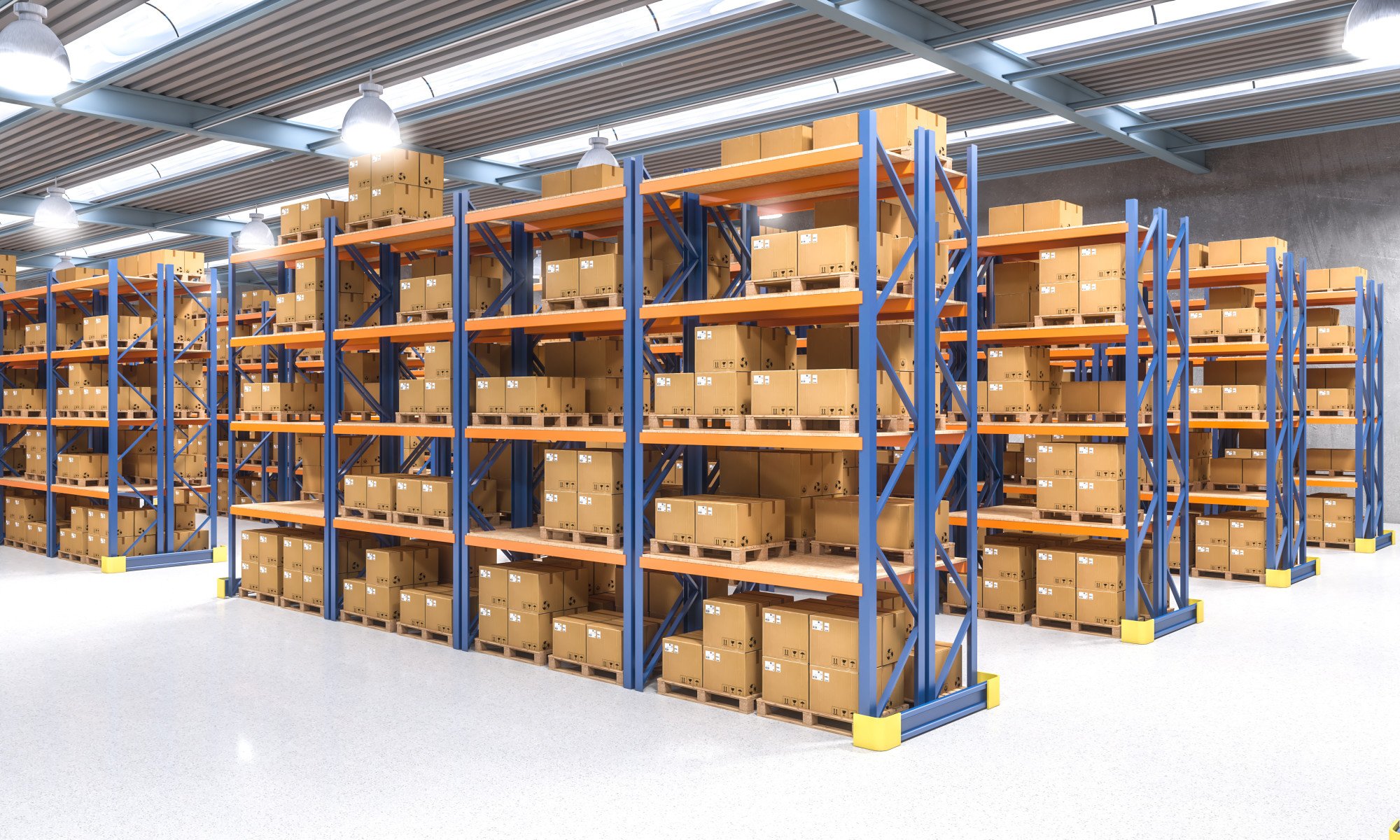
Healthcare supply chain logistics involve many moving parts. The industry purchases and manufactures massive amounts of products every day. Healthcare warehousing companies are used to help the products flow seamlessly around the country.
Medical professionals rely on these supply chain logistics services to properly perform their jobs and care for patients. They count on warehousing fulfillment to restock their shelves with supply refills and have the equipment and supplies ready when needed.
Efficient logistics management within a hospital warehouse demands a distinct level of expertise. The logistics manager responsible for this role must comprehensively understand the specialized equipment and supplies specific to healthcare settings. Moreover, they are tasked with handling substantial volumes of supplies in order to ensure seamless operations and timely delivery. In the BlueBin ecosystem, we call these specialized folks, BlueBelts.
The warehousing and fulfillment center knows they must understand the ins and outs of the service and the specialties of each hospital area. They have to meet the delicate balance of having enough supplies at all times while meeting the tight budget and cost parameters.
Read on to learn more about the challenges of warehousing fulfillment and how hospitals can optimize and streamline their processes.
Sourcing Quality Equipment and Supplies
Your hospital warehouse starts and ends with supplies and equipment.
Understanding the medical needs of all the different hospital professionals can be a real challenge. The reality is that often equipment and even supplies are highly specialized.
Communication with those who need the equipment and their specific wish list for it is critical. Also, hospitals need logistic operations that have a deep understanding and knowledge about the equipment and supplies in use.
It's vital for the team ordering equipment and supplies to work with a diverse range of suppliers. The goal is to get the best quality equipment at the right price within an appropriate time frame.
Additionally, having a deep level of knowledge about the equipment each supplier offers will be crucial. So they can evaluate the quality and compare that against the cost.
Outsourcing Supplies
If you've been to the grocery store or tried to order nearly any consumer goods recently, you know supply chain issues are real. It won't be surprising that those same supply chain issues are challenging hospitals the same way they are challenging consumers.
If you're in charge of supply chain logistics, you probably already know this is real. So, you must work to solve and address these supply chain issues.
This means you are working on outsourcing supplies from multiple suppliers to ensure you have what you need when you need them.
Let Data Dictate Decisions
It's no secret that hospitals have deep inventory needs. The warehousing fulfillment challenge is to meet those needs without ordering too much or running out of something important.
As you move supplies into different hospital departments and areas, monitoring usage and inventory is essential. Some hospitals face areas that hoard supplies, especially when there are shortages.
Monitoring your data and considering usage over time will help ensure you have the needed supplies when you need them.
Effective data management plays a pivotal role in determining the optimal timing for sourcing essential supplies and equipment. Consequently, acquiring accurate and reliable data is only part of the equation; it is equally crucial to establish robust warehouse organization and implement efficient inventory management systems to leverage this data correctly.
Inventory Management
Any medical facility, especially hospitals, may have overwhelming volumes of supplies. These supplies will be constantly coming and going from the warehouse stores.
The importance of an automated inventory management system can't be emphasized enough. This usually means having a barcode scanning system for all equipment and supplies to properly keep track of what is coming in and out of the hospital. As supplies come into the warehouse, they are scanned. As they leave the warehouse to fulfill needs in the hospital, they are scanned.
This helps to have inventory information at your fingertips at all times. You know when to order and your real-time usage levels for all supplies.
Equipment Compliance
As you work to manage and source equipment, it's also important to consider the strict standards and regulations connected to medical equipment. You will need to know if current devices and equipment management will fall under the supply warehouse purview.
Also, Consider equipment compliance. This is especially true for multiple suppliers and their industry's safety standards.
Logistics Operations
Distribution is as important as sourcing needed supplies. Having them doesn't do much good if they aren't in the hands of those who need them.
Good data management, inventory management, and sourcing will be critical to have the equipment and a distribution plan in place.
Understanding Insurance Parameters
The reality is that all medical professionals and their respective support systems must address the role of insurance. This includes Medicare and Medicaid in their usage and costs.
Insurance companies are regularly tightening their margins on what they'll pay. This means you either work to meet those tight margins for reimbursement or pass the cost on to those you're servicing. Of course, you don't want to pass on costs. It's imperative that the prices of products and equipment must be constantly evaluated.
You don't necessarily want to buy the lowest-cost products, however. It should be part of the team handling supply logistics to evaluate the cost. They must work with value analysis to find the best supplies at the most affordable rate to maintain those insurance margins.
Data standardization and automation are essential in this process.
Warehousing Fulfillment Supply Chain Needs
Warehousing fulfillment for hospitals is integral to the success of those who treat patients and provide superior care. They can't provide quality care without the needed supplies at the hospital when needed.
If you need solutions to manage your inventory, we can help. Contact us today to learn more about how we can assist you in hospital supply logistics operations.
